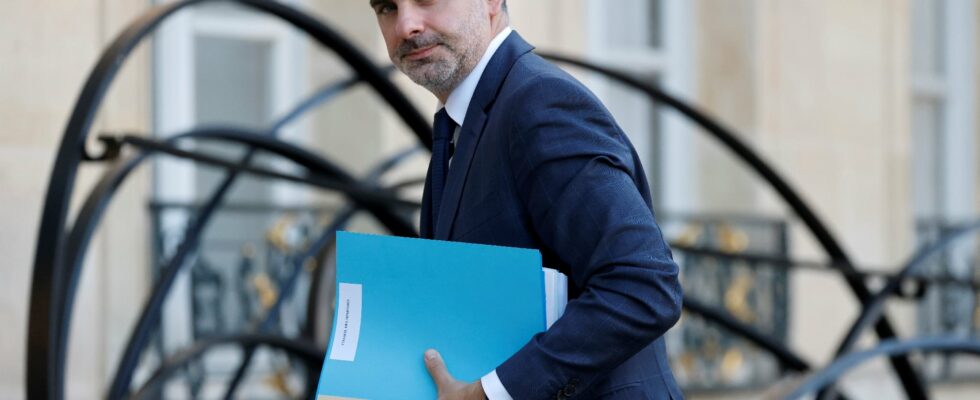Mentioned then already swept away? The Minister of Budget, Laurent Saint-Martinsaid this Saturday on TF1 that he was “not in favor” of an increase in taxation on gas, while the Minister of Ecological Transition and Energy, Agnès Pannier-Runacher, had announced the day before that the government was going to propose it via an amendment to the finance bill.
Agnès Pannier-Runacher “said that there would perhaps be amendments on the increase in gas taxation,” said Laurent Saint-Martin. He observed that the finance bill presented this week “does not contain an increase in taxes on gas” and declared that he was “not in favor” of this possibility.
Friday, during a press point, the Minister of Ecological Transition indicated that “the challenge is also to work on brown niches through the increase in the automobile penalty, through the elimination of the reduced VAT rate at 5.5% on the installation of fossil fuel boilers and finally by government amendment, through an increase in taxes on plane tickets and gas. “It is important to provide consistent price signals between carbon solutions and carbon-free solutions,” she explained.
Increase in electricity taxation
“It is especially important to avoid public policies and public money making carbon solutions less expensive than decarbonized solutions,” added Agnès Pannier-Runacher, with particular reference to the increase in electricity taxation. , essentially decarbonized in France due to the importance of nuclear power.
In its finance bill presented on Thursday, the government plans to increase electricity taxation to a level which makes it possible to “guarantee the consumer a 9% reduction in the regulated sales price in 2025 from February 1”. It is counting on the drop in electricity costs on the markets to absorb the increase in the electricity tax, which will mark the exit from the tariff shield put in place during the energy crisis from the end of 2021 to contain the bills of French.
The electricity tax “is increasing because it had fallen to zero during the inflation crisis,” observed Laurent Saint-Martin. “The State has protected our fellow citizens in the face of surges in energy prices, […] today with inflation below 2%, for our public finances, we must remove this shield if there is no more inflation.”
